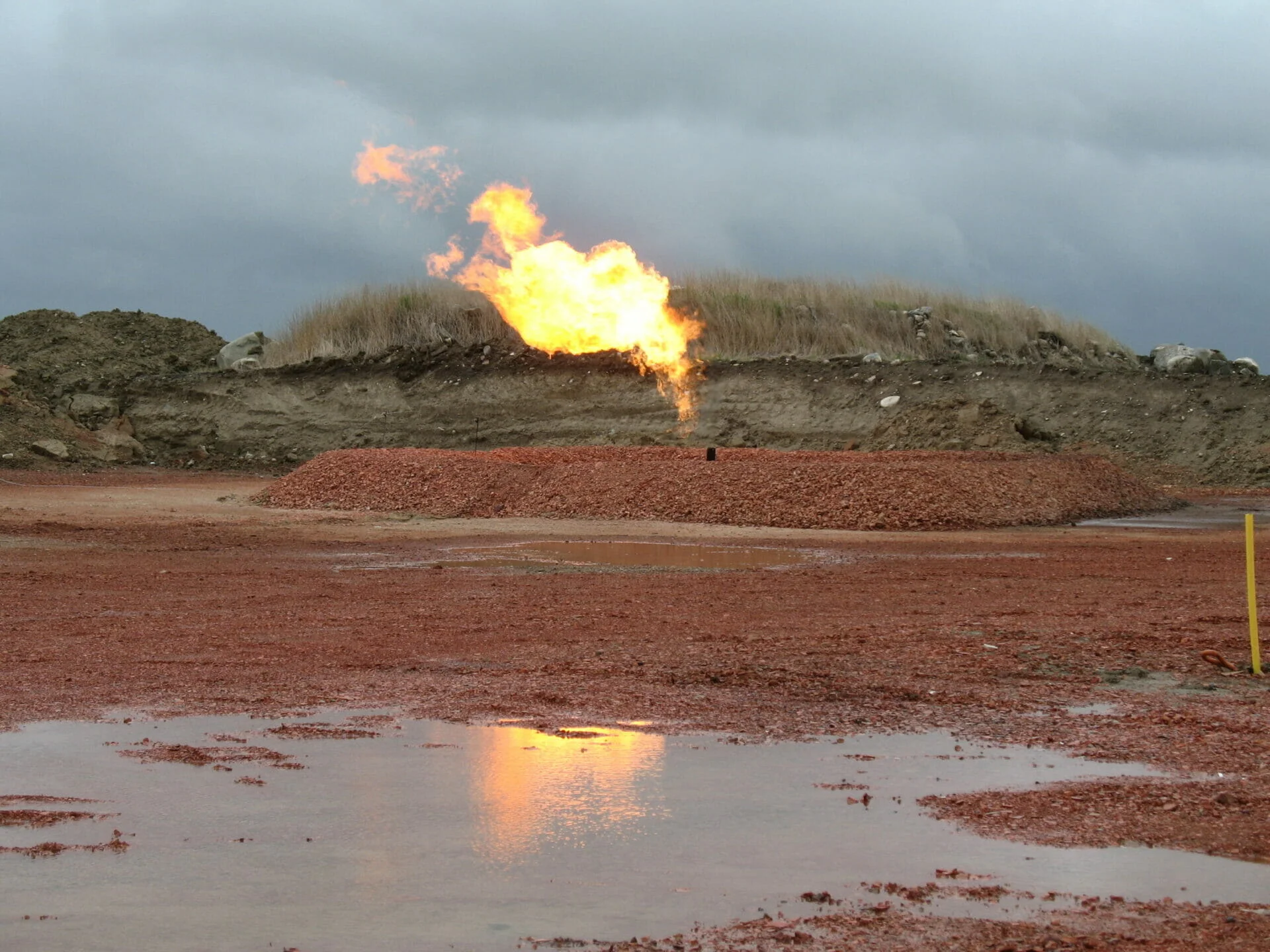
How Beautiful We Were | Battling for environmental justice
Author
Year
Format
By
How Beautiful We Were, published in 2021 and finalist for the 2022 PEN/Faulkner Fiction Award, is Imbolo Mbue’s second novel. Born in Cameroon, the author migrated to the USA as a teenager, and currently lives in New York. Her experience as a migrant informed her first award-winning novel, Behold the Dreamers (2016).
How Beautiful We Were touches upon some of the most pressing climate change issues, and reminds readers that global problems are also context-specific. Questions of gender, land rights, and cultural identity overlap with environmental concerns, thus giving way for sentiments of fear and anger to take hold, as Margaret Atwood claimed. Mbue gives a comprehensive picture of these issues by offering a multi-layered perspective of the events happening in Kosawa, a fictional African village.
At the centre of the novel there is the question of oil extraction and oil pollution. In 1992, Indian writer Amitav Ghosh published an article titled “Petrofiction: The Oil Encounter and the Novel”. There he lamented the fact that the oil encounter had failed to produce notable pieces of literature, except for Abdelrahman Munif‘s Cities of Salt. Since then, authors such as Helon Habila, Will Ferguson, and Mbue herself have engaged with the topic.
Sick environment, sick bodies
The novel opens with a village gathering, and with some foreigners brushing aside the villagers’ preoccupations. These foreigners represent Pexton, an American oil company, whose arrival in Kosawa has marked the beginning of harmful environmental degradation:
I think about how the air and water of Kosawa progressed from dirty to deadly […] whatever life was left in the big river disappeared. Within a year, fishermen broke down their canoes and found new uses for the wood. Children began to forget the taste of fish. The smell of Kosawa became the smell of crude. The noise from the oil field multiplied; day and night we heard it in our bedrooms, in our classroom, in the forest. Our air turned heavy.
As a result of the unbreathable air and poisoned land, people’s health declines too. Pollution especially affects children, who are the first to develop lethal coughs and high fevers. Children are one of the main actors in the book: chapters devoted to specific character’s point of view alternate with ones titled “The Children“, in which it is a first person plural narrator relating the events. Through this choral structure, Mbue portrays the hopes and fears of a generation grown amidst gas flares and oil spills.
Activists’ struggles between history and fiction
One child particularly stands out: it is Thula Nangi, whose path and decisions determine the fate of Kosawa. After studying in the USA, she comes back to her native village to fight for her people and her land against Pexton and the corrupt local government.
Mbue took inspiration from different historical figures to depict Thula, such as Ken Saro-Wiwa and Wangari Maathai. The former was executed because of his campaigns for the rights of the Ogoni people in the Niger Delta region, devastated by oil spillages. The latter was the first African woman to win the Nobel Peace Prize (2004), thanks to her resolution to protect Kenyan forests and lands. Like Maathai, Thula is vilified by the local government, which dismisses her as “simply an angry woman”, with no husband nor child to rein her in.
A final glimmer of hope
The future at the end of the novel looks grim and hopeless: Pexton has won the legal battle, Thula dies, and all the inhabitants of Kosawa leave the village. However, throughout the novel, the narrator continuously stresses the importance of community, family ties, and ancestors’ teachings. These elements leave readers with a feeling that precariousness can be fought with rootedness and collaboration. As Mbue stated in an interview, her characters show a unique ability to hope and a desperation to save their land. These two assertions could hold the key to interpreting the novel as inspiring more than dark and dismaying.
The author does not offer ready-made or comfortable solutions, but leaves room for hope, also thanks to the parallel she establishes between Thula and other leading historical figures. Their legacy lives on and their stories are still sources of inspiration. Similarly, Mbue’s novel has the power to change the narrative by raising awareness on issues of environmental justice. As book critic Ron Charles writes in his review of the novel: As long as there are novels this powerful, the fight’s not over.
Tag





